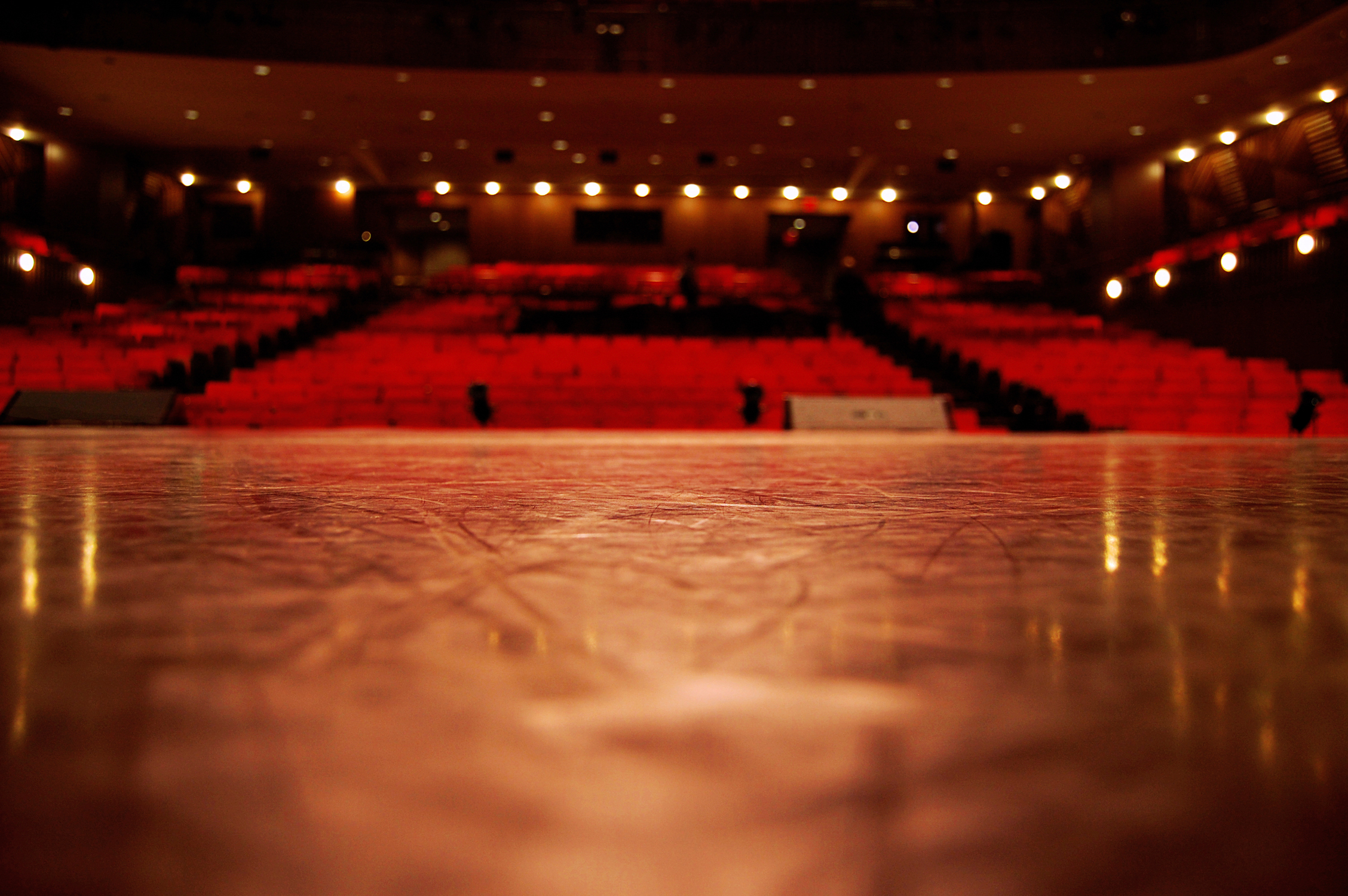Op-Ed: Reflections on Marco Goecke’s Attack on Journalist Wiebke Hüster
Critics and artists have always had a fraught relationship. I know firsthand how awful it feels when your choreography gets publicly trashed by a critic after you’ve spent months working on it with loyal dancers. But what Marco Goecke, now former ballet director of Hanover State Opera, did to journalist Wiebke Hüster in February was inexcusable. It went beyond the imagination of the most bizarre and shocking act of revenge. In a fury over her negative review of In the Dutch Mountains, his ballet that had just premiered with Nederlands Dans Theater (Hüster wrote that the viewer was “alternately driven mad and killed by boredom”), he accosted her in the crowded foyer of the Hanover Opera House, threatening to ban her from the premises. She was initially willing to have a conversation with him, but he suddenly took a bag of his dog’s poop (apparently always in good supply) out of his pocket and rubbed it in her face. A staff person helped her wash up before she drove to the police station to report the assault.
Goecke was immediately suspended from the Opera House, and two days later his contract with Hanover State Opera was “dissolved by mutual agreement.” Despite the parting of the ways, Laura Berman, director of Hanover State Opera, described the ballet director as an “empathetic, considerate, humorous and sometimes very vulnerable person.” She stated that she never saw “any form of aggression on his side.”
His official apology contained more accusations than regrets. He called Hüster’s reviews “often spiteful” and charged her with “attempting to create negative opinions and to damaging business.” Considering the “apology” wholly inadequate, Hüster vowed never to attend or review another Goecke ballet.
Nederlands Dans Theater, where Goecke was an associate choreographer and for whom he had choreographed In the Dutch Mountains, circulated two statements. At first they said that, although the choreographer’s behavior was “contrary to their values,” they had a long and pleasant working relationship with him, so they would keep him on as associate choreographer and continue its current regional tour of Dutch Mountains. However, after receiving an open letter signed by about 70 critics from across Europe, NDT suspended him, as well as any ballets by him, for the upcoming season. But—and this is the most hopeful thing to come out of this whole debacle—NDT expressed a wish to contribute to a constructive dialogue around the relationship between journalists and artists.
The open letter from European critics sided with Frank Rieger, head of the regional journalist association, who condemned the poop smearing as “an attack on the freedom of the press.” The signers expressed solidarity with Hüster, proclaiming that they too would decline to review Goecke’s works in the future—unless NDT coerces him to issue a stronger apology, free of victim-blaming. I think this letter forced NDT to realize that critics are crucial to their survival.
The Frankfurter Allgemeine Zeitung (FAZ), the publication that carried Hüster’s offending review, issued a scathing response to Goecke’s statement. It accused the ballet director of a privileged kind of hypocrisy, saying that he was just building up his own mythology as a persecuted artist—whereas he had actually received a bounty of opportunities and a shitload (excuse my expression) of recognition.
Berman was quoted in VAN Magazine saying that she and her staff “are extremely worried about Marco Goecke the person,” and that he is “absolutely devastated.” The Opera’s sensitivity to him could be one reason that Hanover didn’t cancel him immediately. Other potential reasons could include that the dancers like working with Goecke and the cultural difference of Europeans not being as quick to cancel as Americans. Then there is the looming shadow of Liam Scarlett’s suicide due to sexual allegations two years ago. After Scarlett’s death, blame was thrown at ballet companies that removed his works from their programming. One hopes that Goecke will receive some kind of therapy that allows him to gain perspective on his actions.
As odious, oblivious and self-serving as Goecke’s statement was, he did bring up a valuable point. He urged that “criticism…must ask itself where it violates the boundary to insult, to denigrate.” The grown-up way to start the ball rolling would have been to organize a public discussion or write a letter to a publication.
Are there lines beyond which a critic shouldn’t cross? While I was editor of this magazine, I once had to delete the word “psychotic” that a critic applied to a young choreographer—based on no evidence except that critic’s recoiling from certain artistic choices.
For any company that wants to initiate a public dialogue, a good tool for this kind of forum is Liz Lerman’s Critical Response Process, a facilitated structure that lays out a constructive way to give feedback to artists. In her new book, Critique Is Creative, co-written with John Borstal, Lerman writes, “When our creativity is made invisible by the words of another, the experience brings a grave disappointment.” Or worse. In this case it brought irrational rage and an alarming loss of civility.
We would all like to feel free to express ourselves without feeling endangered. I just hope that Goecke-gate motivates the dance world to engage in efforts to promote understanding among different sectors of the dance ecology.




